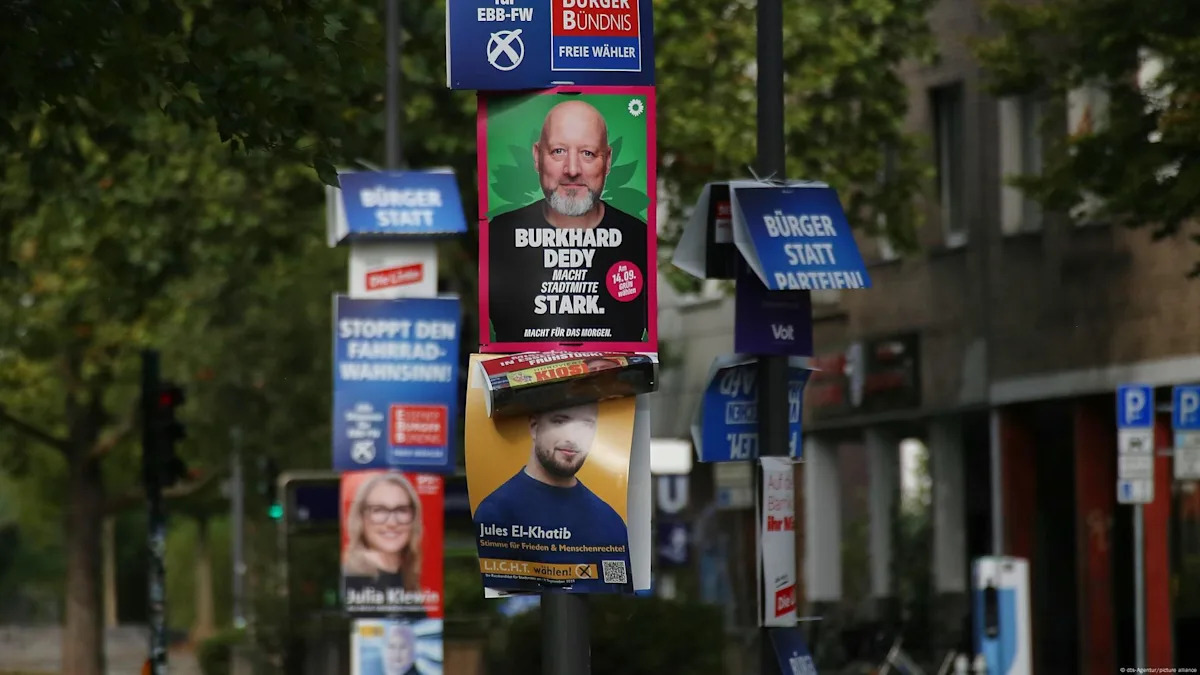Voters in North Rhine-Westphalia head to the polls on Sunday for local elections.
The poll is the first local election since Chancellor Friedrich Merz took office in May.
The vote is being seen as a gauge of Merz’s coalition government, which is made up of his conservative CDU/CSU alliance and the center-left SPD.
Observers will also be closely watching the performance of the Alternative for Germany (AfD) — which has been classified as “right-wing extremist” by the country’s domestic intelligence agency.
The AfD has made historic gains in recent elections, becoming the second-strongest political force at the national level this year.
Although its voter base is mainly from states in eastern Germany, the AfD is hoping to capitalize on the shift towards the right in western Germany.
Below you can follow DW’s coverage of the local election in North Rhine-Westphalia and other news from Germany on Sunday, September 14:
Western Germany: AfD set for success in local elections
The rise of the far-rightAlternative for Germany (AfD) in recent years is showing no signs of relenting.
Surveys ahead of Sunday’s local elections in North Rhine-Westphalia, once a bastion of Social Democratic and leftist support, suggest the anti-immigration AfD could win big in some parts of the state.
The industrial region is home to millions of people with migrant backgrounds.
Read more about how the far-right party is hoping for success in the city of Gelsenkirchen.
WATCH — Could ‘remigration’ blow up the AfD’s plan for power?
Germany’s far-right Alternative for Germany (AfD) is the second-largest party in the national parliament and is gaining support in the polls. But one word — ‘remigration’ — risks dividing the party.
Featuring exclusive interviews, this deep dive reveals the internal battles, extremist ties and constitutional risks that could make or break the AfD’s future.
Welcome to our coverage
Guten morgen from a cloudy Bonn.
Voters in Germany’s most populous state North Rhine-Westphalia are heading to the polls for a local election that analysts say will be an early gauge of Chancellor Friedrich Merz’s coalition government.
Merz’s Christian Democrats (CDU), as well as its coalition partner the Social Democratic Party (SPD), will be hoping the overcast weather is not an omen for an upset at the ballot box.
The far-right Alternative for Germany (AfD) is primed to gain a stronger foothold in the region after historic gains in recent polls.
Stay tuned for rolling updates of the key vote in North Rhine-Westphalia, as well as the other major developments from Germany on Sunday.
